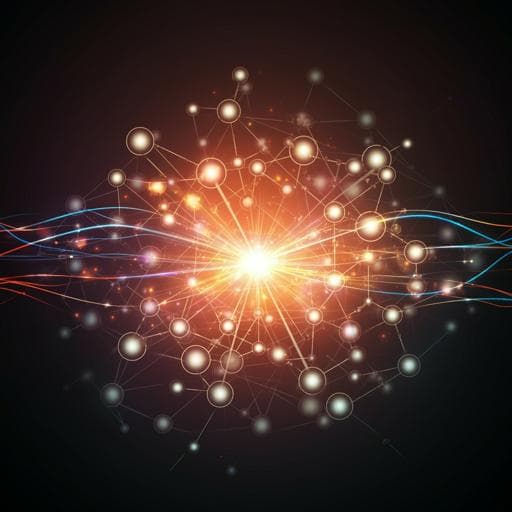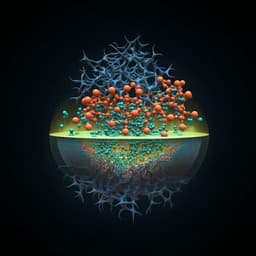
Interdisciplinary Studies
Human-machine-learning integration and task allocation in citizen science
M. Ponti and A. Seredko
This research by Marisa Ponti and Alena Seredko delves into the intriguing dynamics of task allocation in citizen science projects that blend human effort with AI capabilities. It highlights the delicate balance between volunteer engagement and meaningful task assignment, sparking vital conversations about who gets to do what in these collaborative efforts.
Related Publications
Explore these studies to deepen your understanding of the subject.







